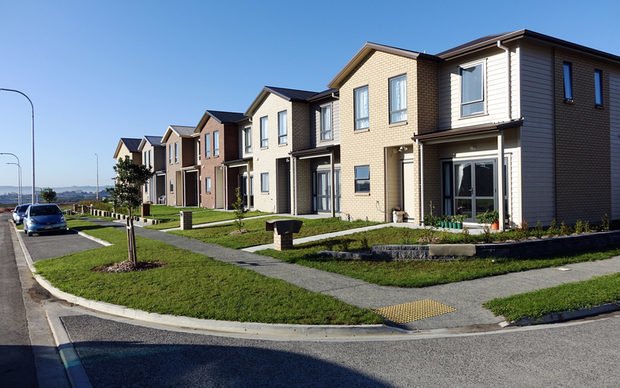The cost of living has climbed in the past 12 months by 5.2 percent – the biggest 12-month spike since 2008. For anyone trying to buy property, they may add inflation to the list of challenges they are experiencing. Interest payments, including mortgage interest payments, climbed 7.8 per cent in the December 2021 quarter.
Statistics NZ states “Highest-spending households spend 7.3 per cent of their expenditure on interest payments, compared with 4.6 per cent for the average household’.
Interest rates have risen from 2.1 percent to 3.5 percent fixed for one year. A property worth $800,000 last year is now looking at roughly $1m for the same place.
Residential real estate values are continuing to climb in most parts of New Zealand but not at the rapid pace of last year, according to Quotable Value.
The average price of NZ homes was $1,063,765 at the end of January 2022, up $10,450 since the end of December 2021, according to the QV House Price Index, with both values based on sales during the previous three-month periods.
The CoreLogic Buyer Classification series indicated that their market share of property buyers noticed a slight dip from 26 percent in the final few months of 2021 to 24 percent in January – no doubt reflecting the double impact of tighter loan to value ratio requirements and the amendments to the CCCFA.
One Roof’s Housing Affordability Report reveals a further worsening across the line, with higher mortgage rates now adding to the pre-existing affordability difficulties that buyers confront. With first home buyers required to save far more for a 20% deposit and existing homeowners also required to tighten their belts as mortgage payments climb.
According to credit reporting service Centrix, the percentage of house loan applications that were approved decreased from 39% in October to 30% in December. Bank executives estimate that approximately 7% of loans that would have been authorised prior to December are being denied.
The Government recently announced that it would introduce new legislation aimed at increasing housing supply in Auckland.
The Bill establishes a new streamlined planning process, the Intensification Streamlined Planning Process (ISPP), to assist Tier 1 councils in executing the intensification plans outlined in the National Policy Statement on Urban Development (NSP-UD). From August 2022, councils will be required to apply for ISPP.
Additionally, the Government announced that Tier 1 councils will be required to follow Medium Density Residential Standards (MDRS) by August 2022, allowing landowners to develop up to three three-story dwellings without obtaining council resource consent.
The Reserve Bank is due for a review of the monetary policy in the coming weeks and may decide to hike interest rates to control increasing property prices and rising inflation. – by Rohit Takyar from Professional Financial Solutions




